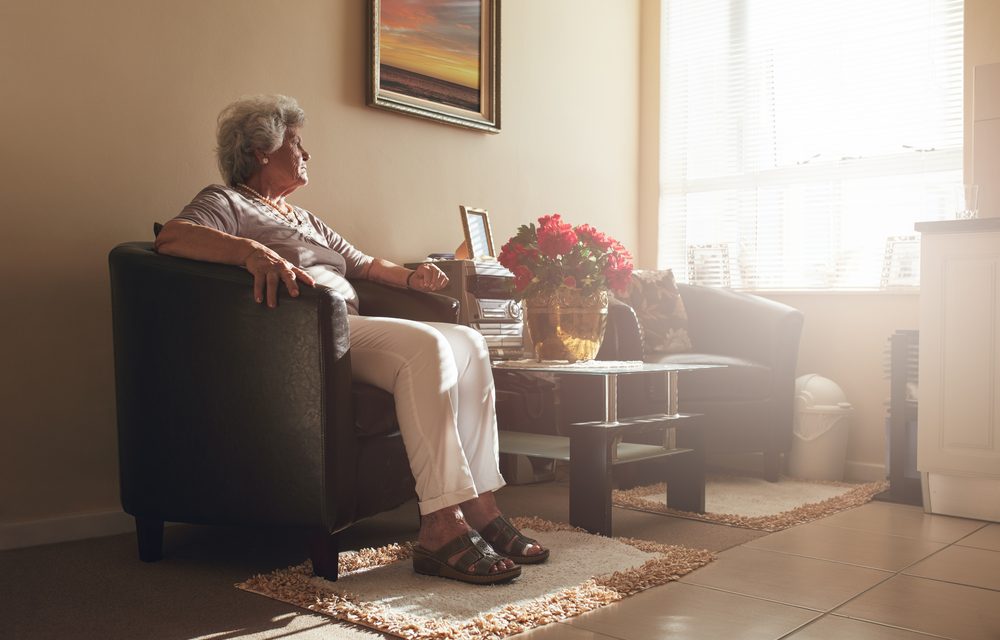
Howz teams up with Royal Mail to help vulnerable people in Manchester

Manchester’s Howz, the home monitoring system that keeps families up to date with the wellbeing of elderly relatives, has launched a trial with Royal Mail to help people to live independently for longer reports Prolificnorth.co.uk.
The trial will see Howz offer 100 residents in Greater Manchester a free Howz monitoring starter kit and six-month free access to their service, compliments of Royal Mail.
The kit includes easy-to-fit sensors that monitor movement and electricity usage in an unobtrusive way. This allows residents to monitor their daily home activity and the kit will then be able to detect any changes to their routine which could signify potential issues. They can also choose to share this information with family members, friends or healthcare professionals for peace of mind.
As part of the trial, Howz is encouraging families of participants to check in with their loved ones by sending a postcard created through the Howz app.
When the postcard is delivered by Royal Mail, recipients will be required to sign for it, triggering an alert to the sender via the Howz app reassuring them that their loved one is well. Families will be able to send up to twelve postcards to residents in the area during the trial.
Louise Rogerson, the Director of Operations at Howz, said: “This collaboration will combat social isolation so often witnessed across the country – the local postman or woman can do so much in helping reassure family and friends that loved ones are well while also having a friendly chat with the resident.”
Ady Fielding, Royal Mail’s Delivery Leader North West England, added: “Royal Mail is pleased to be working with Howz to support this trial in Manchester. By simply sending a postcard and getting proof of delivery from trial participants, their family and friends will quickly and easily know that their loved ones are OK, or get help if needed.
“This builds on the role our postmen and women already play in looking out for vulnerable and isolated people in their communities.”











![Citizens Advice: We continue to see millions of people chasing lost parcels [and] having their accessibility needs ignored](https://postandparcel.info/wp-content/uploads/2020/12/parcels-440x264.jpg)
